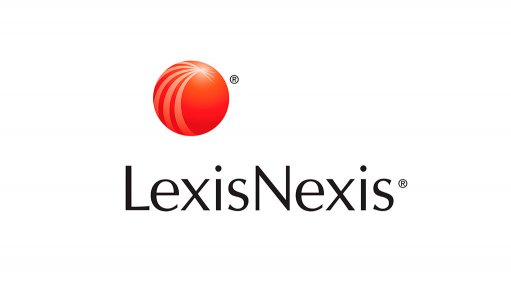
South African government entities are taking responsibility for fraudulent practices within their operations and while the process has been slow but steady, the crackdown is aimed at restoring public trust, reviving reputations and cutting costs. On 1 April 2015 the Office of the Chief Procurement Officer (OCPO) was introduced to facilitate accountability and good governance while promoting efficient management of public funds. The OCPO manages the Central Supplier Database (CSD), which is a list of fully vetted suppliers, intended to monitor procurement across government and reduce duplication and costs. This follows the passing of BB-BEE legislation implemented in 2014, in which 80 percent of companies’ vendor databases are required to be compliant and meet the new quotas as set out by the BEE codes.
It is hoped that this renewed drive towards cleaner governance will help to address procurement fraud, which came in as the second most prevalent category in the South African edition of the Global Economic Crime Survey conducted and presented by PriceWaterhouse Coopers (“PWC”) in 2014. This was followed closely by bribery and corruption in third place.
Noteworthy highlights
The progress made by some government entities has already been noteworthy. Most recently, the City of Cape Town released a statement announcing that its procurement system is transparent and fair and went on to detail the measures in place to ensure transparency.
“The transparency and fairness begins with maximising access to information around what tenders and quotations are available. In addition to advertising tenders in the press, all tenders and quotes above R2 000 are advertised on the City’s website. The city further committed to handling procurement tasks with the utmost respect and consideration,” the statement read.
Other highlights included a commitment from Gauteng MEC for Finance Barbara Creecy, who pledged her department’s role towards transparency at the tabling of the 2015/16 Budget Vote of the Gauteng Provincial Treasury in June. Plans for Gauteng include a fraud detection and case management system for forensic investigation. This is in addition to the launch of the open tender pilot, which is aimed at promoting transparency in the procurement processes and ensuring bids are awarded through fair competition.
The City of Joburg has also launched its first centralised legal tender database with the intention that registered suppliers will provide services to the City of Joburg and its 10 municipal owned entities.
Corporate South Africa must follow suit
As government begins to tackle public procurement fraud, corporate SA would be wise to follow suit, says Rudi Kruger, General Manager of LexisNexis Governance, Risk & Compliance. “The companies most concerned with compliance in the procurement process are those working with the government sector looking to win the large government tenders,” said Kruger. “These companies cannot afford to drop in BEE levels or be found non-compliant with the Public and Municipal Management Finance Acts, especially now that government is working towards cleaner governance.”
While many companies make use of agencies to perform their procurement vetting and BEE compliance, this can often prove to be a costly and timely service as they generally charge per hour. “The economy is under strain, meaning the disposable income for both government and corporates is low. Companies are therefore better off utilising online solutions that are designed specifically to assist with compliance during the procurement process,” said Kruger.
“Our solution, ProcureCheck helps supply chain officers with the tools to conduct due diligence and vetting on vendors and employees, creating a transparent networking environment where business can be conducted with integrity,” he said.
“This is important not only for large corporates, but also for SMEs and EMEs who will now increasingly be vetted to ensure they comply with both the new B-BBEE legislation and the finance management acts,” he added.
With ProcureCheck, you can:
- Combat corruption by identifying potential connections and ownership of property.
- Identify possible fraudulent activity within vendors and employees with the help of South African Fraud Prevention Services.
- Highlight business interests of employees within your organisation.
- Let ProcureCheck help you recognise conflicts of interest within your organisation and potential supply chain partners.
- Export Results to Excel or PDF
For more information on ProcureCheck, click here